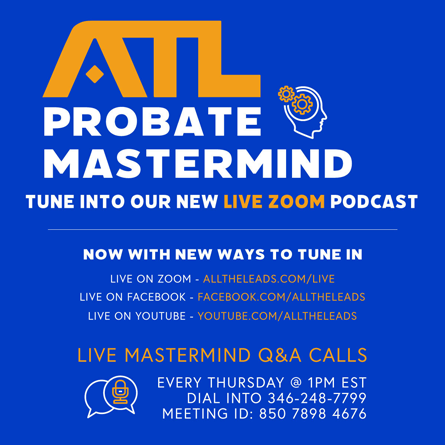Going through probate can be time-consuming and expensive. This is why so many people dread this legal process. Think of it: The stress of losing a love one is bad enough without it being coupled with this sometimes arduous process. However, as a professional you need to know that many assets, including real estate and retirement accounts, may not need to go through probate at all. Let’s take a closer look at some of these exceptions.
Non-Probate Assets
- Retirement accounts—IRAs or 401(k)s, for example—for which a beneficiary was named
- Life insurance proceeds (unless the estate is named as beneficiary, which is rare)
- Property held in a living trust
- Funds in a payable-on-death (POD) bank account
- Securities registered in transfer-on-death (TOD) form
- S. savings bonds registered in payable-on-death form
- Co-owned U.S. savings bonds
There are many other non-probate assets that you should know about and be able to relay to your clients. The educational materials on our site teach you what you need to know in order to best aid your clients and your business. We also provide you with listing leads that you can use.
Probate Assets
Assets that are solely titled in the name of the decedent, are jointly held as tenants in common or are not exempt from probate must go through the probate process. Additionally, items that are subject to probate must be included in an inventory list and submitted to the probate court.

Things to Remember about Probate in General
As we have discussed before on this blog and you should know by now, probate is a legal process whereby a court overseas the dispositions of a deceased person’s assets. This may occur regardless of whether or not the deceased left a will. The important thing to know is which belongings are considered to be probate and non-probate assets. The other important thing for you to know is that items that do not have to go through probate can be transferred to the people who inherit it much more quickly.
Ultimately, the way to let clients know that you will be of value to them is to learn as much about the probate process as possible including the obstacles that may arise. You can also aid them and yourself by building a network of professionals to assist you. This network and this knowledge will help you be more effective. It will also make your more profitable as you navigate the world of probate property.
